


-

- Olarikkara, Thrissur
Kerala, South India - Morning : 09.30 AM - 12.30 PM
Evening : 03.30 PM - 07.00 PM

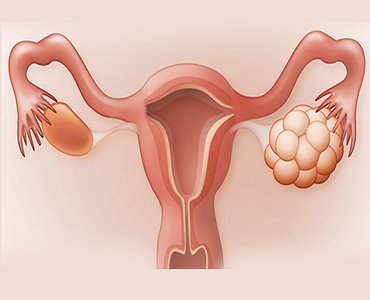


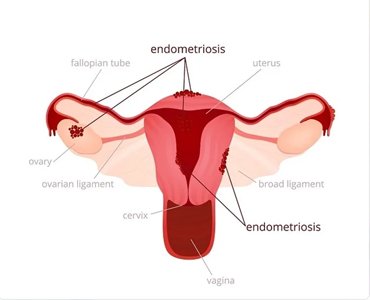



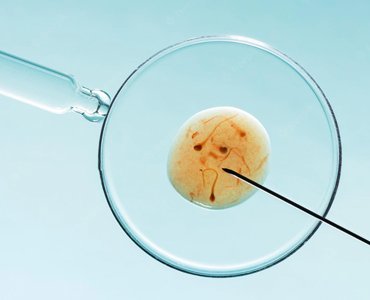

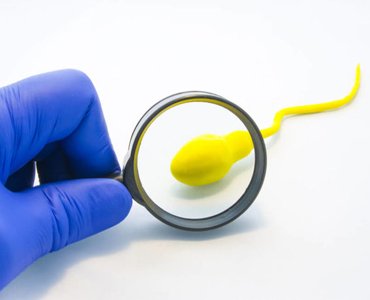


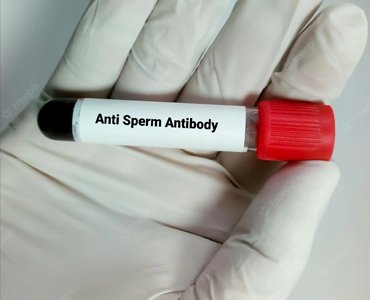


Any disruption of this process at any step can cause infertility.
The causes of this disruption may vary by gender. Let us see these causes of disruption separately.
Hormone Imbalance associated with Hypothalamus - Pituitary - Ovarian axis. This includes fluctuations in the levels of FSH, LH, prolactin, estrogen, progesterone, insulin, thyroid hormones, etc.
A condition that results in hormonal imbalance, which affects ovulation. It is associated with insulin resistance, irregular menstrual periods, abnormal hair growth on the face/body, and acne.
A disorder in which tissues that normally line the uterus grow outside the uterus. This may affect the function of the ovaries, uterus, and fallopian tubes.
Blocked/Damaged Fallopian tubes keep sperm from getting to the egg or block the passage of a fertilised egg into the uterus. PID, gonorrhoea, STDs, and adhesions caused by previous abdominal or pelvic surgery are all common causes of this.
Benign polyps or tumours (fibroids) are common in uterus. This will interfere with the blood circulation to uterus, blocks Fallopian tubes and prevent the implantation of fertilised egg.
They are immune system proteins that destroy sperm cells. They can be produced when the body mistakes sperm for an invader and triggers the immune system to protect itself.
Single gene defects like Cystic fibrosis, Spinal muscular atropy, Taysuchi disease, Canavan disease, and Klinefelter syndrome congenital malformations of the Vulva, Hymen, Vagina, Cervix, and Uterus.
May cause postoperative adhesions or scar tissues which can affect fertility.
Premature loss of eggs from the ovaries is probably a result of genetics or chemotherapy.
Diseases like Tuberculosis, Diabetes, Cancer, Chemotherapy, Lupus, SLE, etc. can affect fertility.
Hormonal Imbalance associated with Hypothalamus - Pituitary - Testicular axis. This includes changes in the levels of Testosterone, FSH, LH, Estrogen, Progesterone, Prolactin, and Thyroid hormones.
Varicocele is a collection of enlarged, dilated veins in the scrotum. As a result of this, scrotal temperature increases, which affects sperm motility and production.
Chronic infections of the Epididymis, Testis, and Prostate can interfere with fertility. STDs and Gonorrhoea play a major role here.
Klinfeltors Syndrome, Cystic fibrosis, Kallman's Syndrome etc.
This may be due to Infections, Injuries or Trauma, Adhesions due to surgeries, or Abnormal developments.